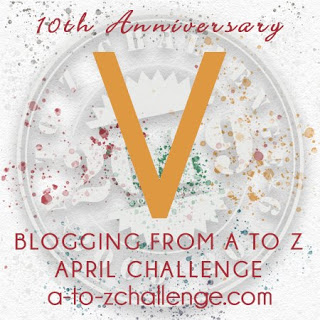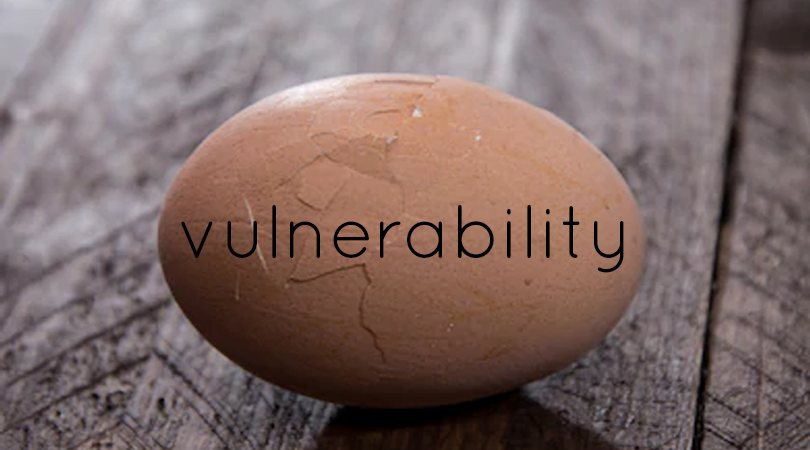
“Individuals with I/DD are significantly more likely to be victimized (at least two times more likely for violent crimes and four to ten times for abuse and other crimes)…,”
“…yet their cases are rarely investigated or prosecuted because of discrimination, devaluation, prejudice that they are not worthy of protection, and mistaken stereotypes that none can be competent witnesses. Their victimization comes in many forms including violence, oppression, financial exploitation, sexual exploitation, and human trafficking;” – NCCJD
We do what we normally would do to protect ourselves; i.e. avoid dark alleys and try to be aware of our surroundings. Unfortunately, we may be putting our children at risk unwittingly.
“Half of the sexual assaults committed against people with disabilities occur during the daytime compared to 40% of the time for the rest of the population. These assaults often occur in places where those with intellectual disabilities are supposed to feel safe – in group homes, at school, work, or on assistive transportation – by persons they count on for care and support. According to 2016 data from more than 500 cases of suspected abuse compiled by the state of Pennsylvania at NPR’s request, 42% of offenders were themselves people with intellectual disabilities, 14% were staff, 12% were relatives, and 11% were friends” (Cooper, 2018).
“The Perfect Victim” – who wants to be called that, or hear someone say that about your loved one? It’s very scary. But what can we do to protect our loved ones?
:… [risk] factors include the caretaker’s failure to
1) request information on the background of all those involved in the person’s life, such as professionals, paraprofessionals, ancillary and volunteer staff,
2) become familiar with the abuse-reporting attitudes and practices of the agency, and
3) assure there is a plan in place for responding to reports of abuse when they occur.
Also, offenders are typically not caught and/ or held accountable for these crimes, which allows abuse to continue.” – the Arc
To add insult to injury, the people who are supposed to get justice for them are usually reluctant to take on their cases because they are difficult to win in court.
“It’s rare for these cases to go to court. Some people with intellectual disabilities do have trouble speaking or describing things in detail, or in proper time sequence. Our investigation found that makes it harder for police to investigate and for prosecutors to win these cases in court.” – NPR, 2018
One way to advocate this issue is to become familiar with the services and resources of The National Center on Criminal Justice and Disability (NCCJD). Their “Pathways to Justice” program “helps communities/states address key barriers to justice for people with intellectual or developmental disabilities (I/DD) and discuss practical solutions that work best for them.”
Pathways to Justice™ : Video Conversation Guide

